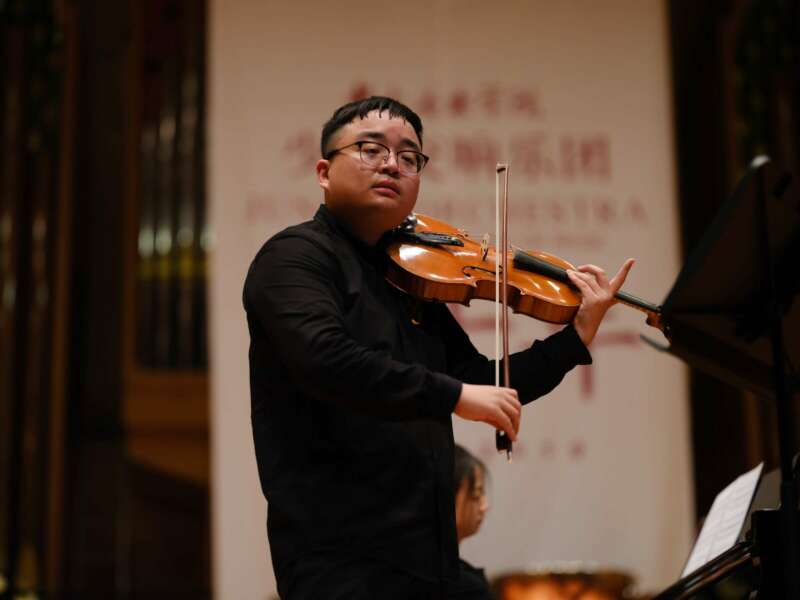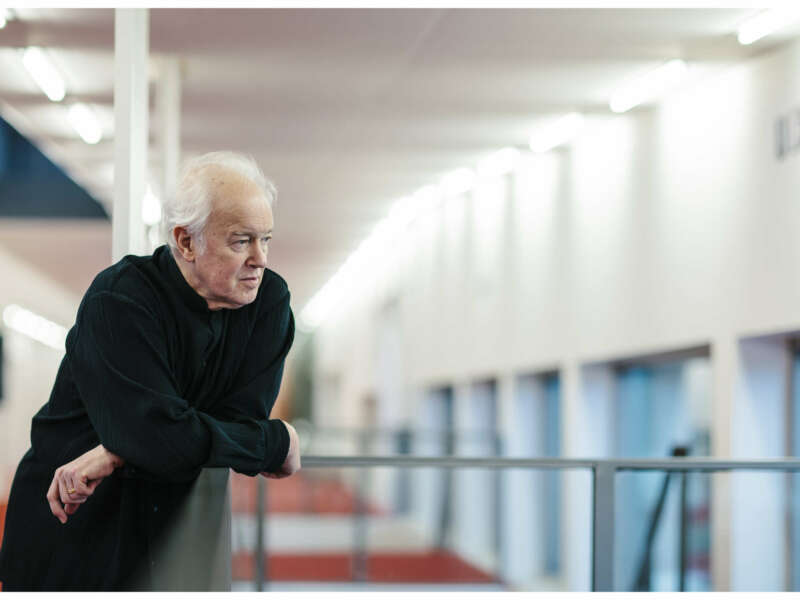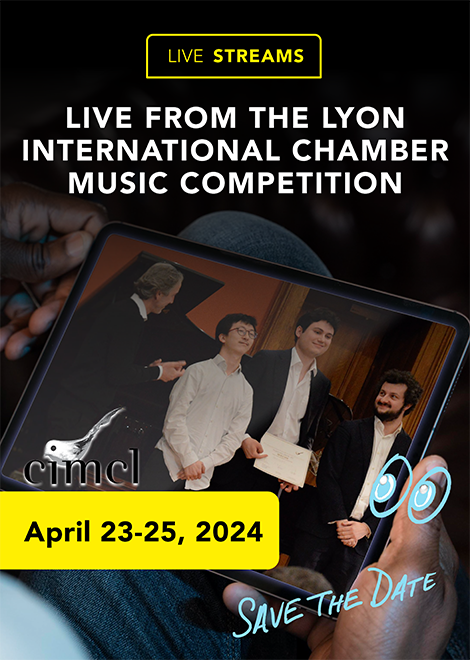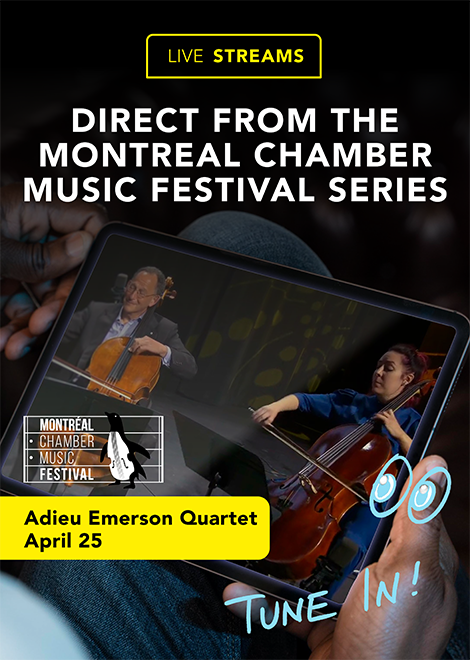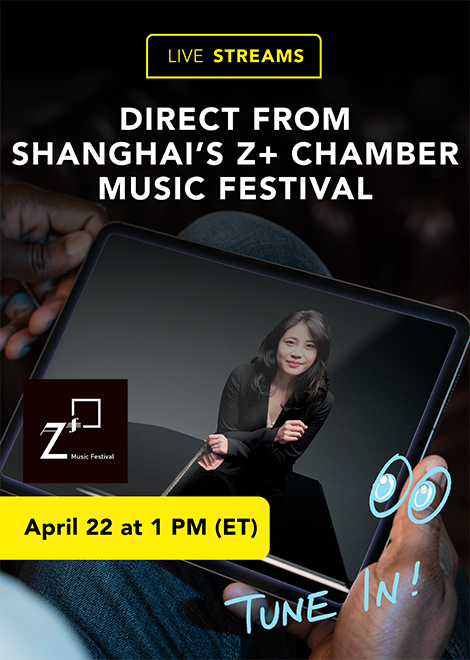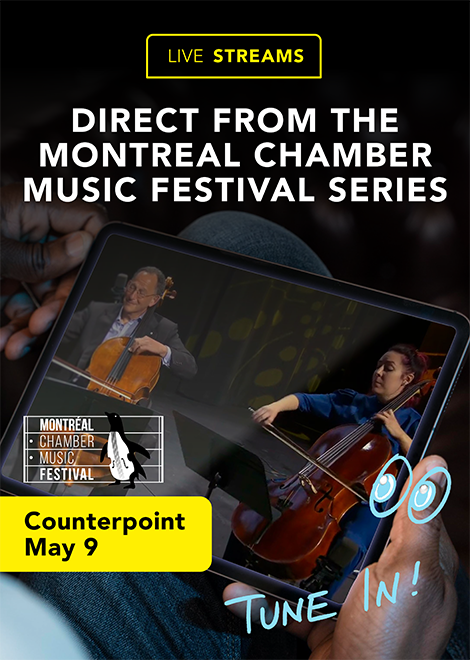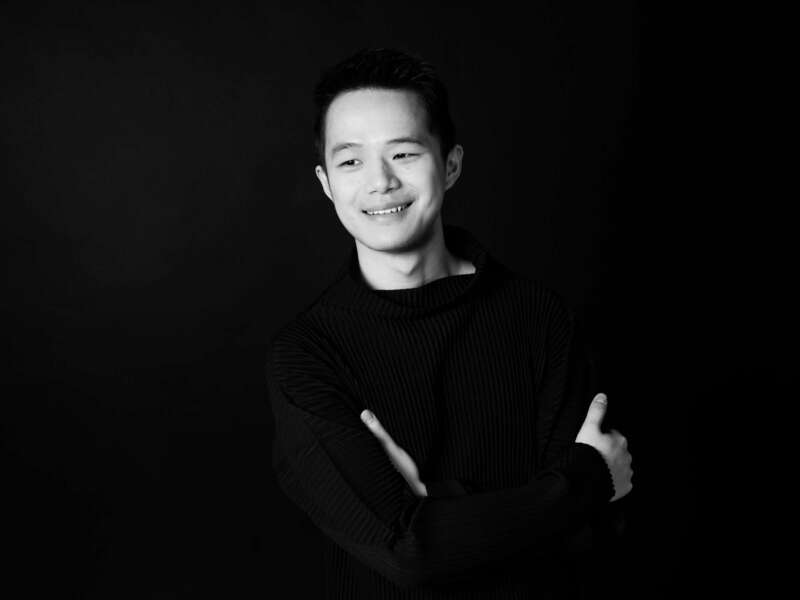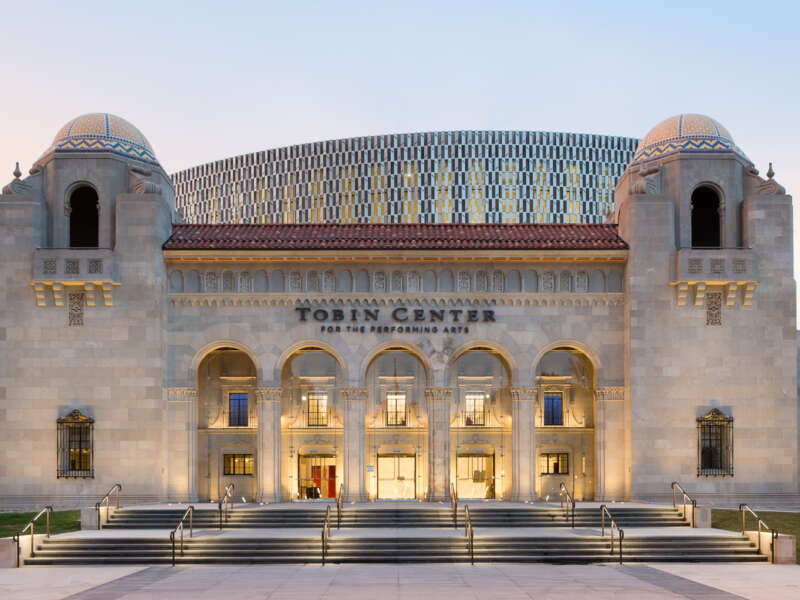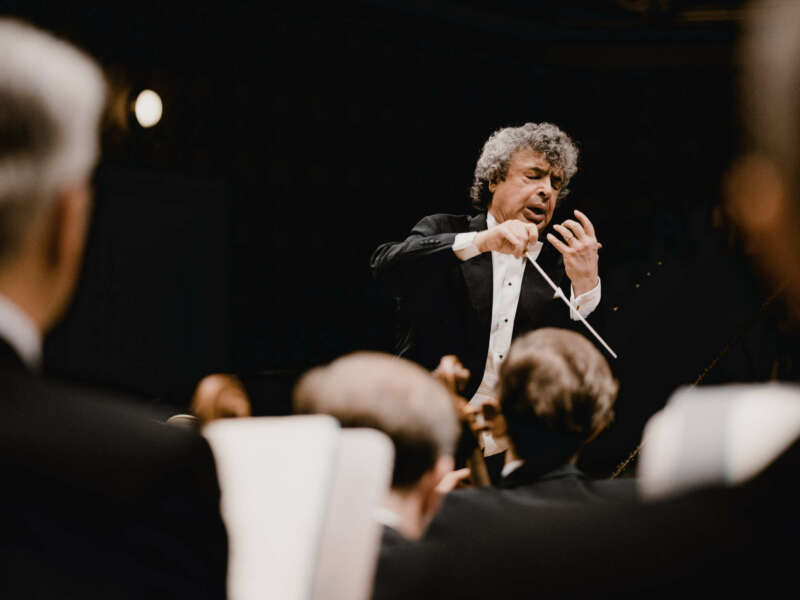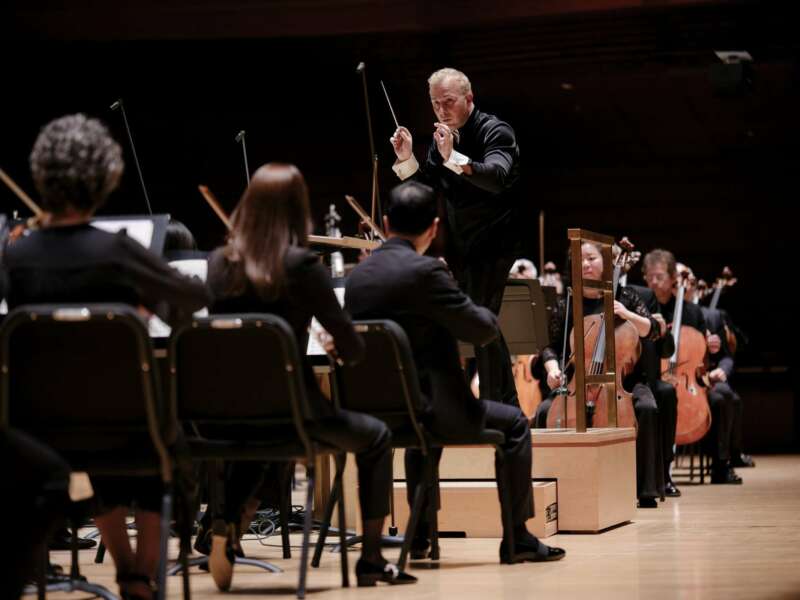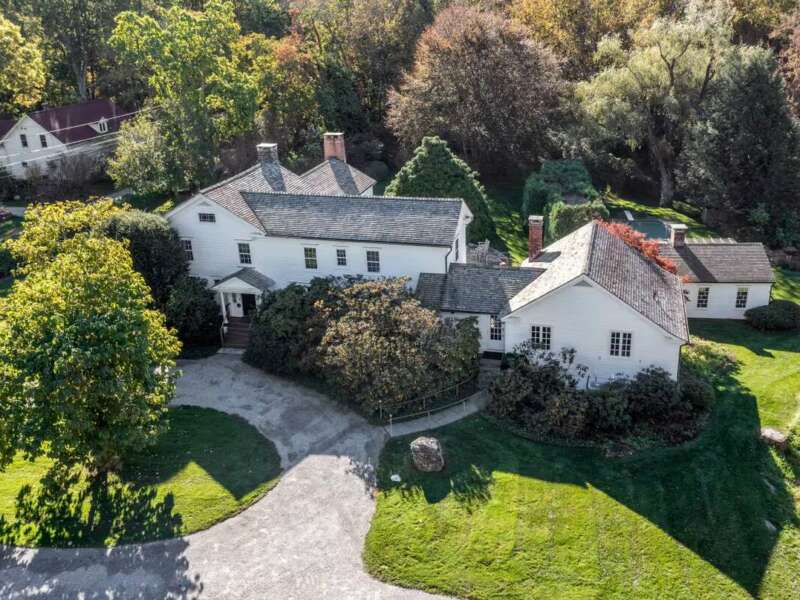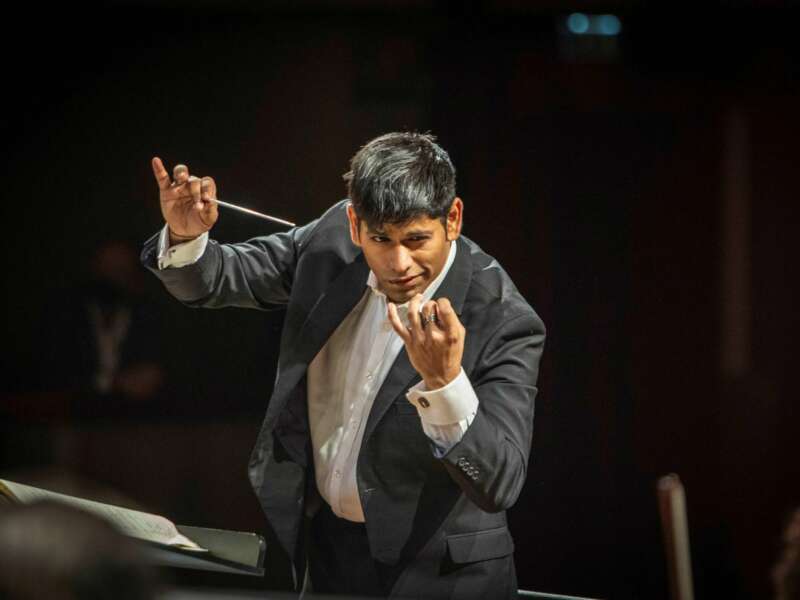VC INTERVIEW | Naxos Founder Klaus Heymann Gives Advice for Young Musicians
The Violin Channel had the privilege of chatting with Naxos Founder and head, Klaus Heymann. We discussed the collaboration with the Kreisler Violin Competition, his thoughts on starting a career as a young musician, and the state of the classical music industry.
Can you tell us about yourself and how you started Naxos?
I moved to Hong Kong to work for an American Newspaper. When the War in Vietnam came to an end, I became a distributor of recording and sound equipment, and in order to boost the sales of the products, I began to organize classical music concerts. When the classical musicians came to perform, they realized they couldn't find their records anywhere in Hong Kong, so my team and I started importing their records. Then we became the licensee of major companies like RCA and eventually became the biggest pop company in Asia, outside of Japan.
In 1973, the Hong Kong Philharmonic asked me to be on their board, and a year and a half later, they were a professional orchestra. Within the first year of my association with the ensemble, violinist Takako Nishizaki came to play with them — who then turned out to be my future wife. Before I was allowed to marry her, her father asked me to make sure that she kept practicing!
In 1977, my wife learned the Butterfly Lovers concerto and we recorded it in her hometown of Nagoya, Japan in 1978. The recording was a big hit in Hong Kong and I started recording more Chinese repertoire. In 1982, I started the Marco Polo label which focused on world premiere recordings and my wife had to learn and record quite a few violin concertos that had never been recorded before. But eventually, my wife and I also wanted to record standard repertoire.
We realized that we could not compete with our Asian and East-European orchestras with the major record companies and therefore decided to compete on price and launched the Naxos budget label. The basic idea was to sell a CD at the price of an LP, at a time when other CDs usually cost three or four times more than an LP. That turned out to be an enormous success, an insane business that basically established us. Then we started our own distribution companies in all major music markets and eventually started distributing other labels. That's how the whole thing developed slowly.
How do you think your background in business helped you achieve the success you did in the classical music industry?
Journalists always ask, what's the secret of your success? I don't read music. I don't play an instrument. I never worked for another record company. I think those are the three critical ingredients. But I must say, Naxos and Marco Polo did not grow out of nothing — I was running other businesses at the time. I was the Bose distributor for Hong Kong and China, we built the first five modern recording studios in China, and so on. These other projects helped fund Marco Polo and Naxos, providing a healthy financial foundation underneath the new developments.
Can you tell us about yourself and your wife's personal relationship with the International Fritz Kreisler Competition?
My wife's father, who was also the co-founder of the Suzuki method, played Kreisler recordings to her from the day she was born. Takako was the first student to complete the Suzuki course and was awarded a teacher’s diploma at age nine. She then studied at Juilliard and one year was awarded the Fritz Kreisler Memorial Scholarship. Nowadays, she owns Kreisler's 1732 Guarneri violin. In 1992, she was invited to sit on the Kreisler competition jury and she gladly accepted. We have both been back since and I have helped financially over the years.
The first prize winner of the Fritz Kreisler International Violin Competition will receive an opportunity to record a CD on Naxos. Can you tell us about that? walk us through how that works and its significance?
Naxos offers a recording opportunity to each winner of the Kreisler competition. Fanny Clamagirand, the winner in 2005, for example, has recorded with us multiple times.
However, getting a recording out of a competition prize is only one element in preparing for a successful career. It is a combination of things. For one thing, you need good management, and for another, a performer's personality is considered. Sometimes the fifth prize winner has a better career than the first prize winner.
With that being said, how important is it for young artists, in general, to have a recording done in the early stages of their careers?
It is very useful, but it all depends on what the artist and their management do with it. If the artist wants to do standard repertoire, I normally say, "Look, what critical attention are you going to get with another recording of the Tchaikovsky violin concerto? You will be compared with all other great names. Do something unique."
You have been successful in the classical music industry for many decades — what would you say are the major differences between now and back in the day for launching a young artist's career? How have the ingredients for a successful career changed over those decades?
First of all, CD sales are so small, they're almost insignificant. Most people today don't have a CD player anymore and can listen to anything on Spotify, Apple Music, YouTube, etc. So if you sell 1'500 or 2'000 copies of a CD, we are very happy. On the other hand, we are very fortunate to have this gigantic catalog of labels that we own, whose revenue gives us great flexibility. The industry is doing well, but it is not coming from selling CDs.
But far more important these days, more than ever, is to have video content. Video has a far greater reach than audio now. An artist can get over 50,000 views on a video recording and then only sell less than 4,000 CD copies. All of our new recordings now are audio AND video, so for a young artist, I think this is a very important ingredient.
Additionally, having good and powerful management is the main ingredient to a successful career.
What would you say are the tangible sales goals now compared to those in the seventies, eighties, and nineties?
The times where CDs sold millions of copies are over. Four years ago, a best seller was 10'000, three years ago, 7'000, two years ago, 5'000, and now it's down to 3 or 4'000. This is not the same for everyone. There are still a few people that are big names that can sell maybe 20'000. I know in Korea, the big K-Pop artists can still sell a million, but in the classical music industry, 2'000-4'000 is a very big success.
What would you say is your best piece of advice for emerging artists today?
Learn as much as possible beyond just your instrument. Learn how to make music videos and recordings, how to make arrangements, how to build a mailing list, how to create a website, how to find students, and how to teach remotely. Even learn to play an unusual instrument. Have as many tools as you can to make sure you can actually make a living. Taking a class in music business can also be helpful.
Additionally, if you have the capacity to practice and participate in competitions, you might have a lucky strike, win first prize, and get picked up by good management. I also know artists who actually make a living from being competitors.
What is your advice for young business entrepreneurs, the ones that have big ideas for moving classical music forward?
Even though I'm 85 years old, I keep telling my people that I should not be the main driver of new ideas. The younger generation has potential and there is still a lot, a lot that can be done. Ultimately, the classical record industry is a relatively small business, maybe five hundred million USD a year. While that sounds like a lot of money we should bear in mind that this is equivalent to the budgets of only five or six municipal opera houses in Germany. The real money is in all the publicly funded, either taxpayers or sponsor-funded organizations, like opera houses, orchestras, and music schools. The big question is: how to get to that money.
It is a fun business to be in. We are so lucky that we make a living from something we really love to do. And that's what everybody in our industry should think also. We don't make money from cheap stuff. We make money from working with the world's greatest minds and composers. We should be grateful for that forever.
The Fritz Kreisler International Violin Competition will take place between September 17 and 25, 2022, in Vienna. The competition is open to any violinists born after September 25, 1991, who are determined to pursue an international career.
Prize money of €20,000, 15,000, 10,000, 7,000, 6,000, 5,000 will go to first through sixth place respectively. The first prize winner will receive several concert engagements including with the Lithuanian National Symphony Orchestra, Lithuanian Chamber Orchestra, Nizhny Novgorod State Philharmonic, and the Orchestra Sinfonica Siciliana. Additionally, the first prize includes a CD recording on Naxos and a tour of Asia in May 2023 with World Culture Networks (WNC).
Previous major prize winners include VC Artists William Hagen, Emmanuel Tjeknavorian, Nikita Boriso-Glebsky, and Sergey Khachatryan.
april 2024
may 2024




